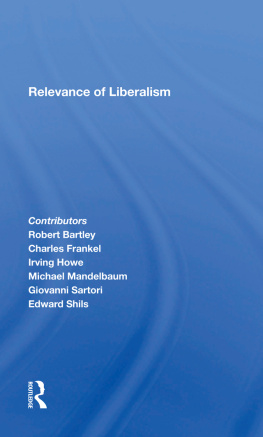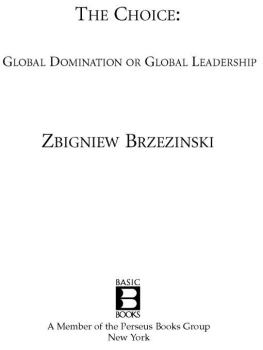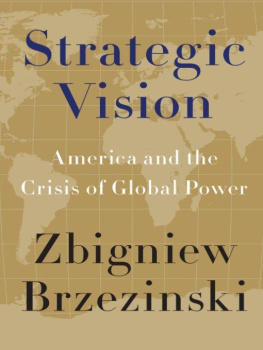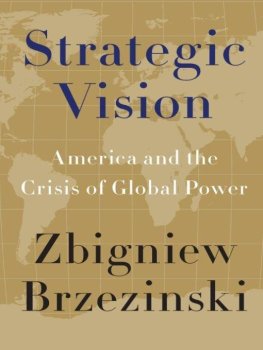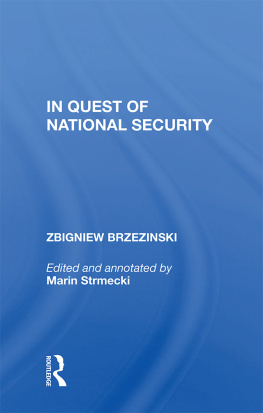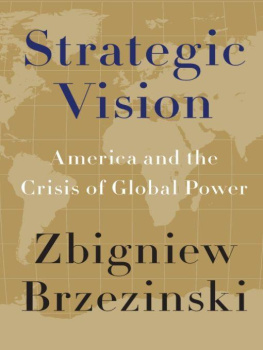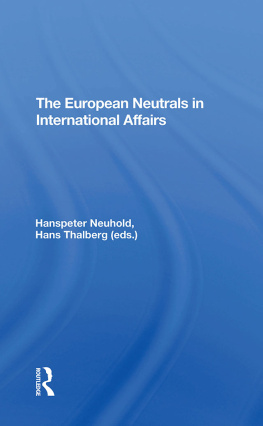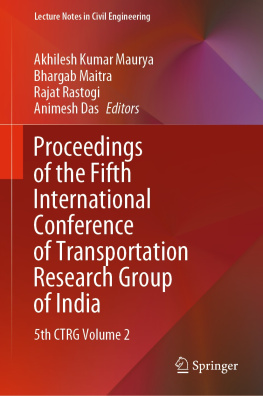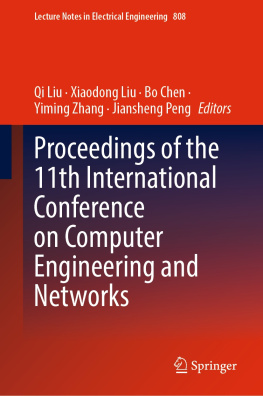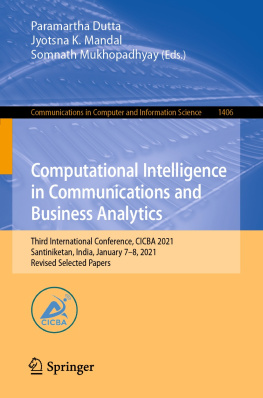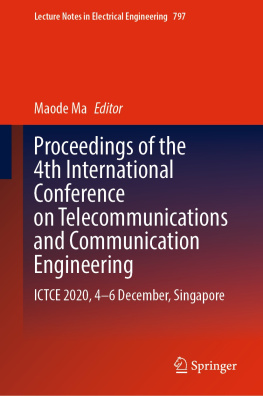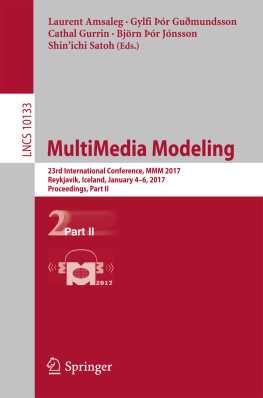The Relevance of Liberalism
Studies of the Research Institute on International Change, Columbia University
Zbigniew Brzezinski, series editor
Zbigniew Brzezinski is Herbert Lehman Professor of Government and director of the Research Institute on International Change at Columbia University, where he has taught since 1960. In January 1977, Dr. Brzezinski obtained a leave to serve in the Carter administration as assistant to the president for national security affairs.
Other Titles in This Series
Radicalism in the Contemporary Age, Volume 1
Sources of Contemporary Radicalism
Seweryn Bialer and Sophia Sluzar, editors
Radicalism in the Contemporary Age, Volume 2
Radical Visions of the Future
Seweryn Bialer and Sophia Sluzar, editors
Radicalism in the Contemporary Age, Volume 3
Strategies and Impact of Contemporary Radicalism
Seweryn Bialer and Sophia Sluzar, editors
Asia's Nuclear Future
William H. Overholt, editor
The Relevance of Liberalism
edited by the staff of the Research Institute on International Change
This volume is the outgrowth of a conference organized in January 1976 by the Research Institute on International Change. The conference represented an important aspect of the institute's research focus on value changes in the world and their impact on international affairs.
The papers and discussion included here touch on a wide range of topics: the development of liberalism as a historical phenomenon, the social and economic conditions that sustain liberal institutions and values, the various elements of liberalism as a system of ideas, the relationship between liberalism and democracy, liberalism's claims to universal validity, the relationship between liberalism and socialism, and the polarization in liberal thinking. They are a fair expression of viewpoints concerning the relevance of liberalism in the contemporary world. They also affirm basic liberal values, an affirmation best summed up in a quotation from Charles Frankel: "To put it crudely, what does liberalism have going for it? It has that very large part of humanity behind it which distrusts zealotry, that is rational enough always to try to hedge its bets if it can, that knows that the people in charge of society have to be watched, but that prefers homely pleasures and joys to the ecstasies of revolution and sudden death."
This study was prepared and edited by the staff of the Research Institute on International Change: Zbigniew Brzezinski, director; Seweryn Bialer, acting director; Sophia Siuzar, assistant director; and Robert Nurick, conference rapporteur.
The Relevance of Liberalism
CONTRIBUTORS
ROBERT BARTLEY
IRVING HOWE
GIOVANNI SARTORI
CHARLES FRANKEL
MICHAEL MANDELBAUM
EDWARD SHILS
PREFACE BY ZBIGNIEW BRZEZINSKI
edited by the staff of the
Research Institute on International Change
Zbigniew Brzezinski, Director
Seweryn Bialer, Acting Director
Sophia Sluzar, Assistant Director
Robert Nurick, Conference Rapporteur
First published 1978 by Westview Press
Published 2019 by Routledge
52 Vanderbilt Avenue, New York, NY 10017
2 Park Square, Milton Park, Abingdon, Oxon OX14 4RN
Routledge is an imprint of the Taylor & Francis Group, an informa business
Copyright 1978 by the Research Institute on International Change, Columbia University
All rights reserved. No part of this book may be reprinted or reproduced or utilised in any form or by any electronic, mechanical, or other means, now known or hereafter invented, including photocopying and recording, or in any information storage or retrieval system, without permission in writing from the publishers.
Notice:
Product or corporate names may be trademarks or registered trademarks, and are used only for identification and explanation without intent to infringe.
Library of Congress Cataloging in Publication Data
Main entry under title:
Columbia University. Research Institute on International Change.
The relevance of liberalism.
(Studies of the Research Institute on International Change,
Columbia University)
"Product of a conference held at the Research Institute on
International Change on January 21, 1976."
1. LiberalismCongresses. I. Title. II. Series: Columbia University.
Research Institute on International Change. Studies of the Research
Institute on International Change, Columbia University.
JC571.C633 1977 320.5'1 77-8202
ISBN 13: 978-0-36.7-28556-2 (hbk)
This volume is the product of a conference held at the Research Institute on International Change on 21 January 1976. The subject of the conference, the relevance of liberalism in the contemporary world, represents one aspect of the institute's research focus on changes in values and the impact of these changes on international affairs. This focus reflects the belief that we are living in a time when the sudden expansion in popular political consciousness is altering fundamentally the ways in which politics is perceived, in which political values are translated into political action, and in which political movements and moods transcend state boundaries and thus have worldwide repercussions. Together these changes may result in profound discontinuities in political behavior, in social institutions, and in the basic values around which institutions and procedures are shaped.
The conference, and this book based on it, took liberalism as its subject for examination. Liberalism is one of the key organizing principles which has dominated the world since the time of the Industrial Revolution. It seemed important to examine liberalism from the historical perspective as a system of ideas and to identify its componentscultural, economic, and political.
The overall theme of the discussion was the continuing viability of liberalism. In this connection, questions were posed about the following issues: are specific social and economic conditions necessary to sustain liberalism; does it have universal applicability or was it a phenomenon limited to the Western world at a specific stage of its social and economic existence; what was the interaction between liberalism and democracy; what is its relationship to socialism, another organizing principle claiming universal validity; what are the prospects of liberalism should its influence contract to a small area or even to one country, such as the United States?
Four of the chapters in this volumethose by Giovanni Sartori, Irving Howe, Robert Bartley, and Charles Frankel were prepared as papers for the conference. Edward Shils was unable to attend the conference but expressed the desire to write a chapter on the trends and attitudes in American liberalism today. The concluding chapter, by Michael Mandelbaum, deals with the future prospects of liberalism. I wish to express my thanks to the authors. At the same time, I would like to thank the principal commentators at the conference for their introductory remarks which initiated such a lively discussion of the issues before the conference. They were Edward Banfield, Harvard University; Donald Fraser, U.S. Congress (Minnesota); Andrew Hacker, City University of New York, Queens; Robert Heilbroner, New School for Social Research; and Richard Lowenthal, professor emeritus, Free University of Berlin.
The other participants at the conference were Seweryn Bialer, Columbia University (and the Research Institute on International Change [R.I.I.C.]); W. Theodore deBary, Columbia University; Midge Decter, Commentary ; Alexander Erlich, Columbia University; Max Frankel, Columbia University; Richard Gardner, Columbia University; Mary Cronin, Time ; Walter Goodman, New York Times ; Stanley Heginbothan, Columbia University (and R.I.I.C.); Erik Hoffmann, State University of New York at Albany (and R.I.I.C.); Peter Katzenstein, Cornell University; Ira Katznelson, University of Chicago; Mark Kesselman, Columbia University; Robbin Laird, Columbia University (R.I.I.C.); Juan Linz, Yale University; Charles Maier, Duke University; Ernest Nagel, Columbia University; Robert Nurick, Columbia University (R.I.I.C.); William Odom, West Point (and R.I.I.C.); William Overholt, Hudson Institute (and R.I.I.C.); Herbert Passin, Columbia University; Harvey Picker, Columbia University; Norman Podhoretz, Commentary, Stanley Rothman, Smith College; Joseph Rothschild, Columbia University; William Rusher, National Review, Robert Sharlet, Union College (and R.I.I.C.); Marshall Shulman, Columbia University; Allan Silver, Columbia University; Sophia Sluzar, Columbia University (R.I.I.C.); Sidney Tarrow, Cornell University-, Ernest van den Haag, New York University and New School for Social Research; Donald Zagoria, City University of New York, Hunter (and R.I.I.C.).


